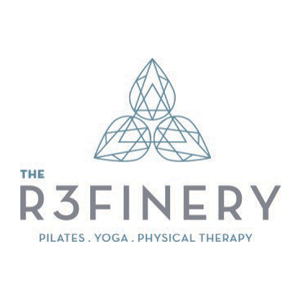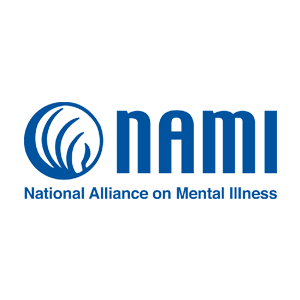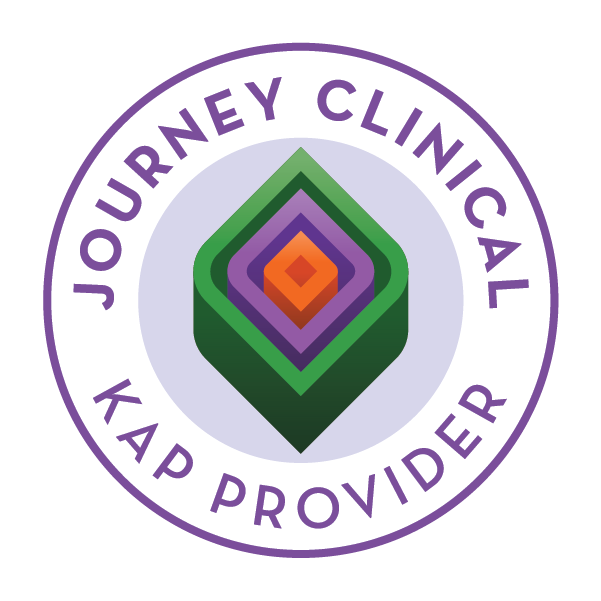Post-pandemic Acceptance and Hope
Life as we know it, has been altered by the virus known as COVID-19. As a result, waves of grief continue to cascade onto nearly every shore of Earth in the aftermath of the 2020 pandemic. It seems that on a daily basis, as I learn to adjust to new realities, some lens continues to sharpen and a whole new scope of loss comes into focus. Beyond my sometimes narrow worldview, as I stop to think about the lives and livelihood of millions of others affected by hardship, my heart aches. And yet somehow, I am hopeful.
Despite all that we continue to lose, there is so much to be gained. In the midst of change, I utilize tools that allow me to remain grounded, connected, and forward focused. Firstly, I practice radical acceptance by developing the understanding that everything happening in the present moment, throughout my entire life, and within the entirety of the universe, was meant to be, just as it is. Including suffering. This concept of acceptance does not suggest that we must agree with injustice, accept unacceptable behavior, or give up our right to choose. Practicing radical acceptance does however provides us with the opportunity to find peace in our circumstances and perhaps even gratitude. Yes, even within the suffering.
Secondly, I explore spirituality and continue to develop my practice of connection. Through exploration of Eastern religions like Hinduism and Buddhism, I have deepened my knowledge of concepts of acceptance, compassion, gratitude, and love. I practice yoga and meditate regularly to quiet the mind, connect with my body, and trust in the protection and guidance of the universe. Spirituality is an integral aspect of my wellbeing.
As I accept the reality of my losses and the state of the world, I am able to lean into trusting that life is unfolding just as it was meant to. Perhaps we needed this pandemic to teach us to slow down and take a collective deep breath. Perhaps we needed to understand that so much is beyond our control, and that’s ok. Perhaps we needed to wake up to the fact that life, this way, is not sustainable.
From this space of stillness and suffering, I have found creativity and ingenuity as I reinvent life, relationships, and my future. I am hopeful. Psychological research on hope suggests that higher levels of hope correspond with greater well-being and enhanced interpersonal relationships. Research has also shown that we are more likely to achieve personal goals when we believe in our ability to achieve those goals. The consequences of the 2020 pandemic are a reminder that we must redefine our future if we are to sustain life on this planet. I trust that my higher powers will guide me with love, and that it is my responsibility to continually evolve to my highest self. I am hopeful that acceptance and hope will continue to translate into the creative establishment of new norms as we collectively define a more compassionate, responsible, and sustainable existence.
References
Horne, C. (July 8, 2020). What is Radical Acceptance and How Can it Help Me? [Blog post]. Retrieved from https://www.betterhelp.com/advice/therapy/what-is-radical-acceptance-and-how-can-it-help-me/
O’Brian, B (April 23, 2019). What are the Four Noble Truths of Buddhism? [Blog post]. Retrieved from https://www.learnreligions.com/the-four-noble-truths-450095
Rand, K. L. and Cheavens, J. S. (September 2012). Edited by Shane J. Lopez and C.R. Snyder. “Hope Theory” Oxford Handbooks Online. Retrieved from https://www.oxfordhandbooks.com/view/10.1093/oxfordhb/9780195187243.001.0001/oxfordhb-9780195187243-e-030
Snyder, C.R. (2002). Hope Theory: Rainbows in the Mind. Psychological Inquiry Vol. 13, No. 4, pp. 249-275. Retrieved from https://www.jstor.org/stable/1448867?seq=1
The post Post-pandemic Acceptance and Hope appeared first on Presence Of Mind Therapy.






















Share On: